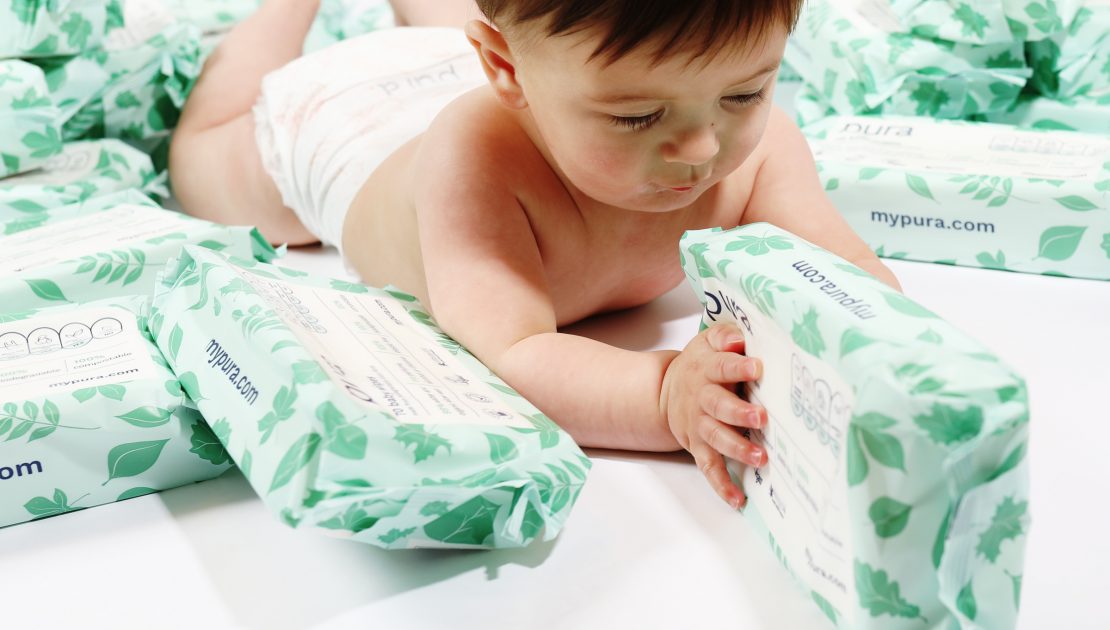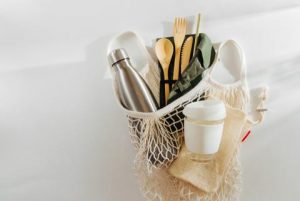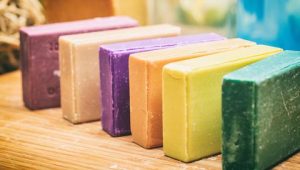

5 Easy Plastic Swaps that you can Make Today!
Try our simple plastic swaps ideas to help you help your planet.
#1. The plastic problem: Fast food
Summer is a great time for alfresco dining, but it’s not always practical to take your own food to outdoor gatherings such as festivals. Unfortunately, most takeaway food comes wrapped in unrecyclable, single-use plastic, so is less than eco-friendly.
Eco swap:
As well as remembering to take your refillable water bottle and coffee cup when you’re set to leave the house, why not go to the next level and carry your own food containers or cutlery? You can ask the food stall to serve your food in your own lunchbox. Or if carrying around boxes isn’t doable, at least consider taking along your own cutlery, which is light, easy to carry, and avoids unnecessary plastic waste.
#2. The plastic problem: Plasters
They’re great for helping heal cuts and grazes, but most plasters, even the fabric ones, actually contain plastic. These plasters cannot biodegrade, so they stick around on our planet for longer than the people who used them – ouch!
Eco swap:
Look for plasters that are made from sustainable materials rather than plastic, like Patch plasters, which are made from 100% organic bamboo fibre so have less impact on our planet.
#3. The plastic problem: Hand soap
Bottled hand soap is a popular household hygiene essential, especially since the start of the pandemic, but while it keeps us clean, the plastic containers – particularly the dispenser pump, which is made from a mix of unrecyclable materials – can make a mess for the planet.
Eco swap:
Switch to soap bars. Many health or eco-friendly shops sell soap bars without wasteful packaging and, if you’re travelling, soap bars can easily be stored in a nifty soap case. Nowadays, you can find “soap” bars to replace plastic bottled shampoo and shave gel too. There are loads of soap recipes online, if you’re feeling adventurous! Not sold on soap in a bar? Look instead for reusable dispensers and bulk buy refills in recyclable containers for your soap bottles.
#4. The plastic problem: Sanitary wear
The UK gets through more than 4.3 billion disposable menstrual products a year, but many people don’t know that sanitary pads can contain up to 90% plastic. The string in tampons, and applicators, is typically made from plastic too. One pad can take up to 500 years to break down.
Eco-swap:
Fortunately, there are several reusable options available in the form of moon cups, period pants and reusable towels. This video is a great place to start. Brands such as Dame have also created sustainable alternatives to both plastic tampons and sanitary pads. Instead, they utilise materials such as organic cotton, and offer less wasteful options such as tampons with reusable applicators enabling you to have a plastic-free period.
#5. The plastic problem: Baby wipes
90% of UK wipes contain plastic, including plastic resins like polyester or polypropylene, which don’t fully biodegrade. Wet wipes end up in sewers, polluting land, rivers and oceans, or in landfill, where they can last up to 100 years. They are also behind 93% of blockages in UK sewers, causing infamous fatbergs.
Eco swap:
Luckily there are now many alternatives available! Our sustainable plant fibre wipes are 100% plastic-free, 100% biodegradable and 100% compostable. Pura has also launched a petition to ban plastic wipes from the UK for good. Sign the petition here and help wipe out plastic wipes.
For more information on Pura’s eco-friendly, plastic free baby changing products, visit www.mypura.com.


